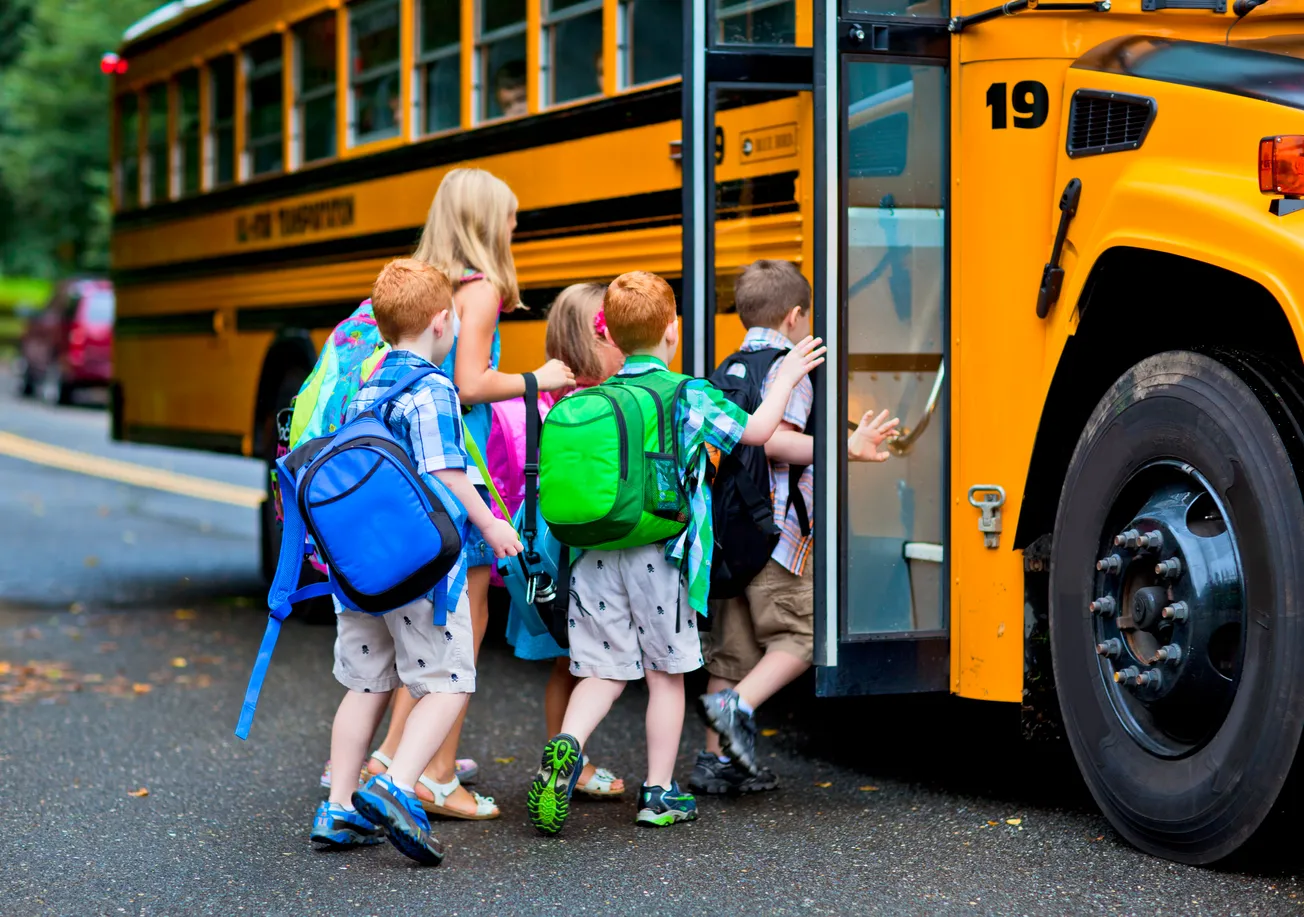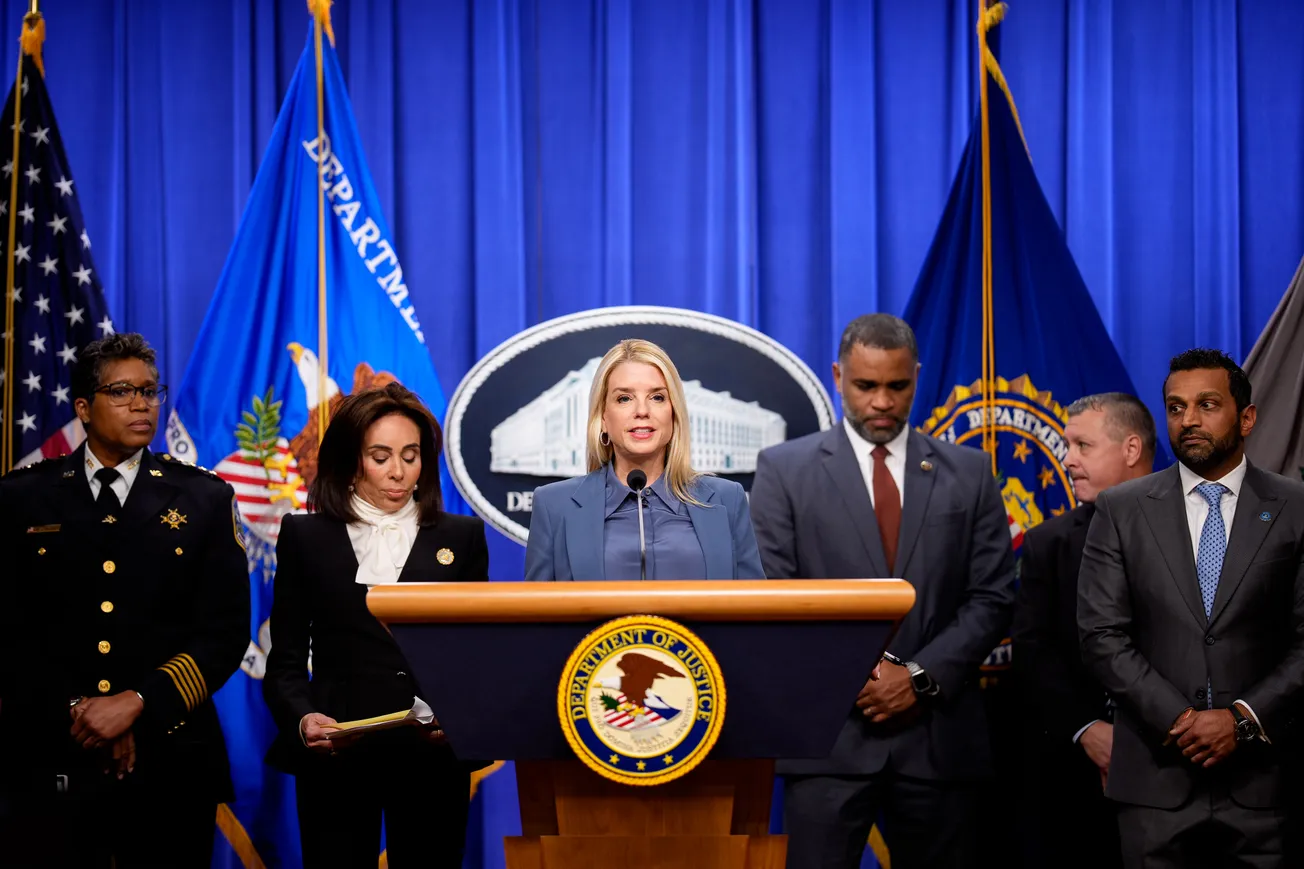Perhaps the one facet of life that the pandemic has thoroughly disrupted is conventional schooling. The COVID-induced lockdown is estimated to have had an impact on the education of nearly 30 million students.Since the first lockdown in March 2020, a full academic year has passed with hardly any 'normal' school functioning.
TechnoMetrica had conducted a survey, for the University of Colorado, on how parents and schools were coping with the forced shift in educating students in the first half of August 2020. Then, just a few months into online classes and remote learning, we found that most households were generally positive regarding the experience. The primary reason for embracing the new teaching method was the concern for the children's health and well-being.
Big Picture
We found that many schools had stepped forward to provide devices and tech giants to make internet access available to thousands of students. Though private and charter schools were better equipped and more innovative in engaging students and providing study materials, most students in the public system also managed to access content and continue their studies. Most school districts rallied and kept the students on their academic courses, but the teachers' union strike at such a crucial time appears to have done more harm than good.

This is not to say that the transition has been without its share of troubles and hurdles. Lower-income families were more worried about their kids falling behind as they did not have access to the same types of school-provided resources as those in higher-income households. Such families also struggled to provide suitable devices and reliable internet connections for their children.
Six Months On
In February 2021, as part of our survey on the disruptions caused by the pandemic, we asked our respondents for their take on homeschooling and virtual classrooms. More than six months after our initial survey, we found that most had coped well and that many were ready for the schools to reopen.
About a third of those who took our survey were parents of children under the age of 18. Of this, almost four-out-of-ten (39%) had kids enrolled in elementary school, 33% had middle schoolers, and 35% had high school children. A minority, 15%, were parents of college-goers.
Thoughts On Online Learning
Of the parents who participated in the survey, a sizable majority, 77%, were satisfied with online learning in place of classroom attendance during the COVID pandemic. Only 21% said they were dissatisfied. Here's a more in-depth look at the data.
- 41% very satisfied
- 21% satisfied
- 16% somewhat satisfied
- 10% somewhat dissatisfied
- 5% dissatisfied
- 6% very dissatisfied
- 1% undecided
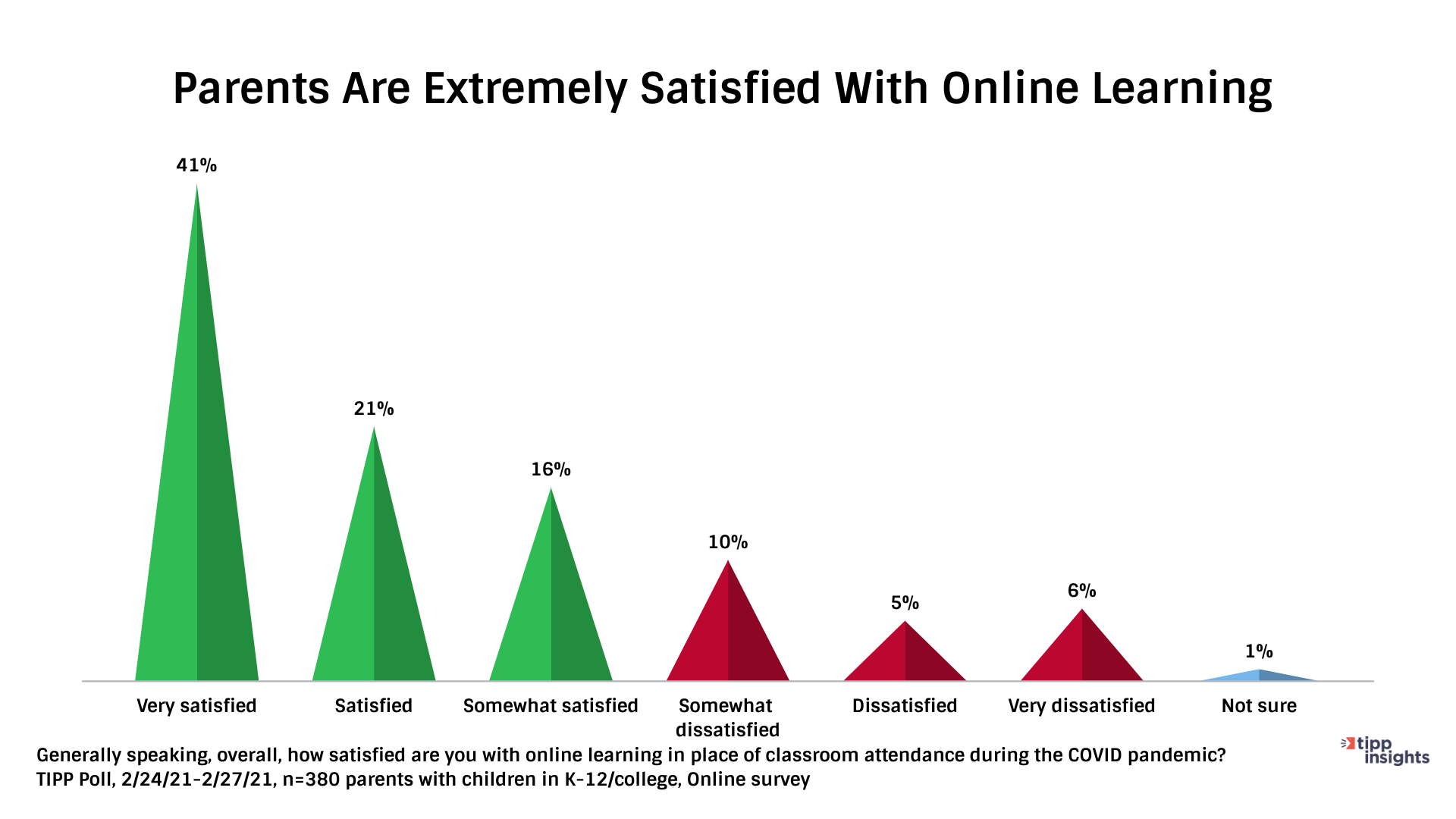
Much has been written about how education will undergo a paradigm shift as schools and teachers are forced to experiment with newer teaching methods and class formats.
Many touted theories that schooling as we knew it in the modern age was at an end. Some believed that homeschooling would become the norm, and others proposed that homeschool pods and micro-schooling were the way forward.
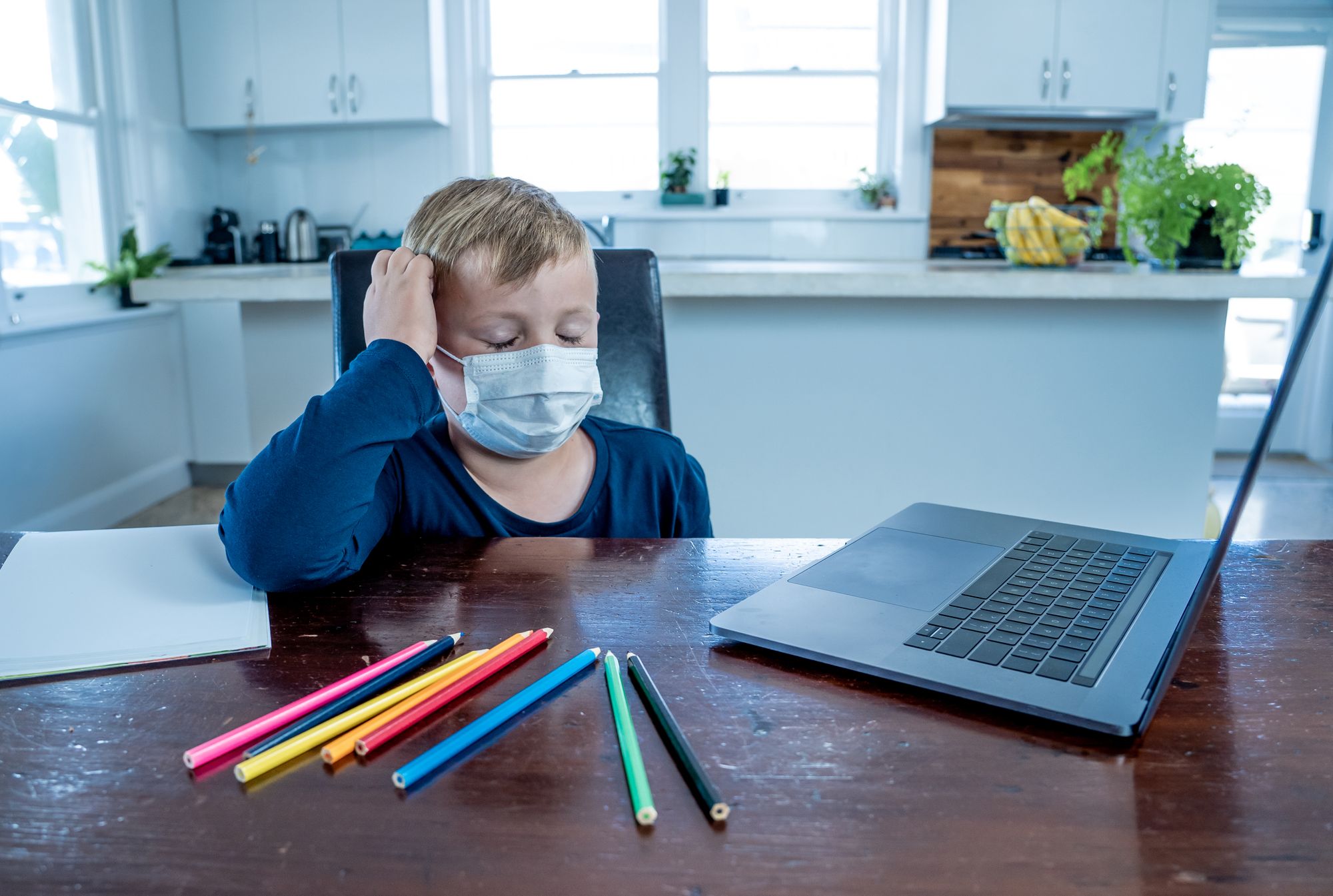
Back To School
Roughly a year later, half of the people we surveyed believed the schools should reopen despite COVID.
- 50% said schools should reopen
- 37% said they should remain closed
- 13% were not sure
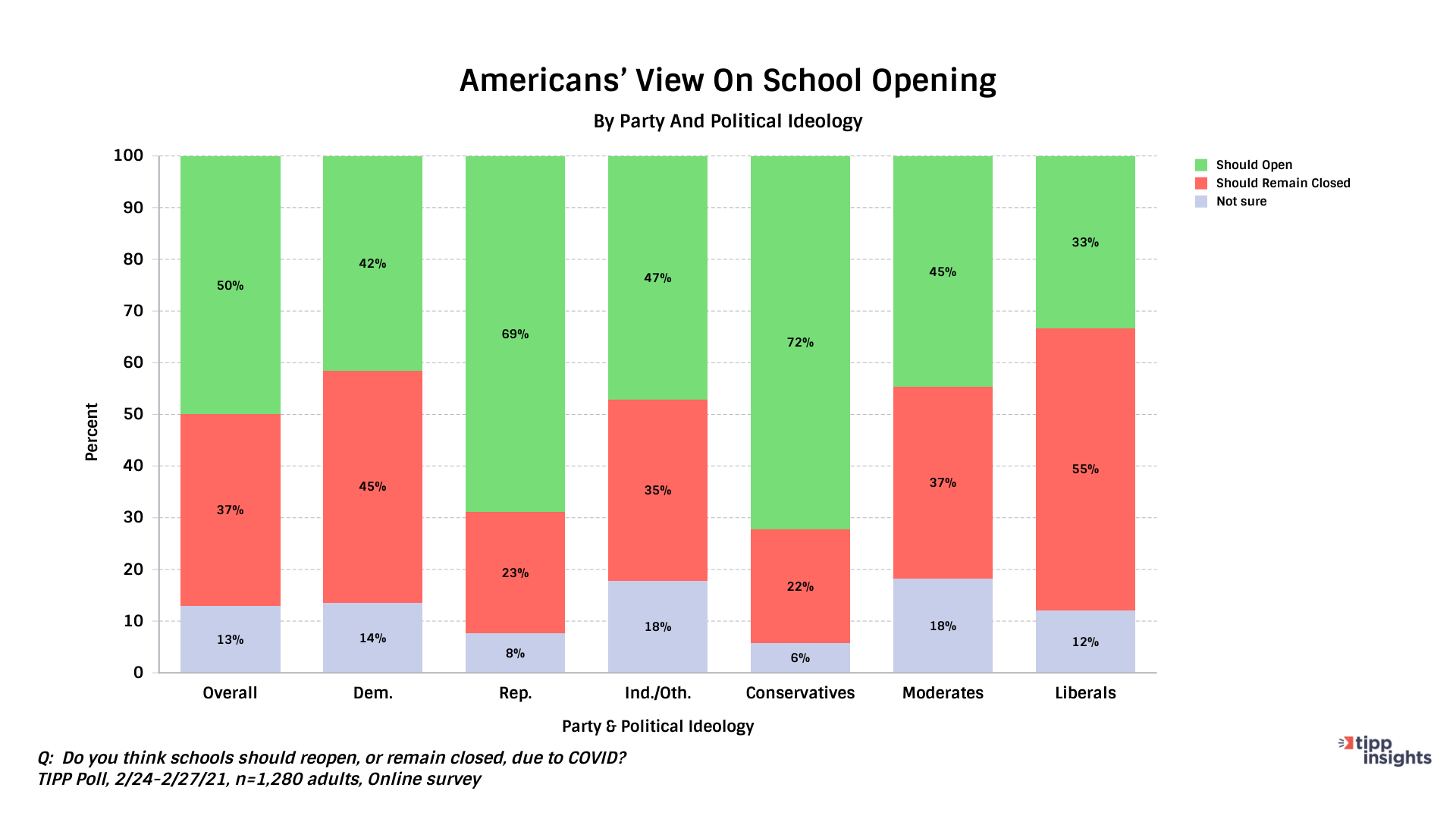
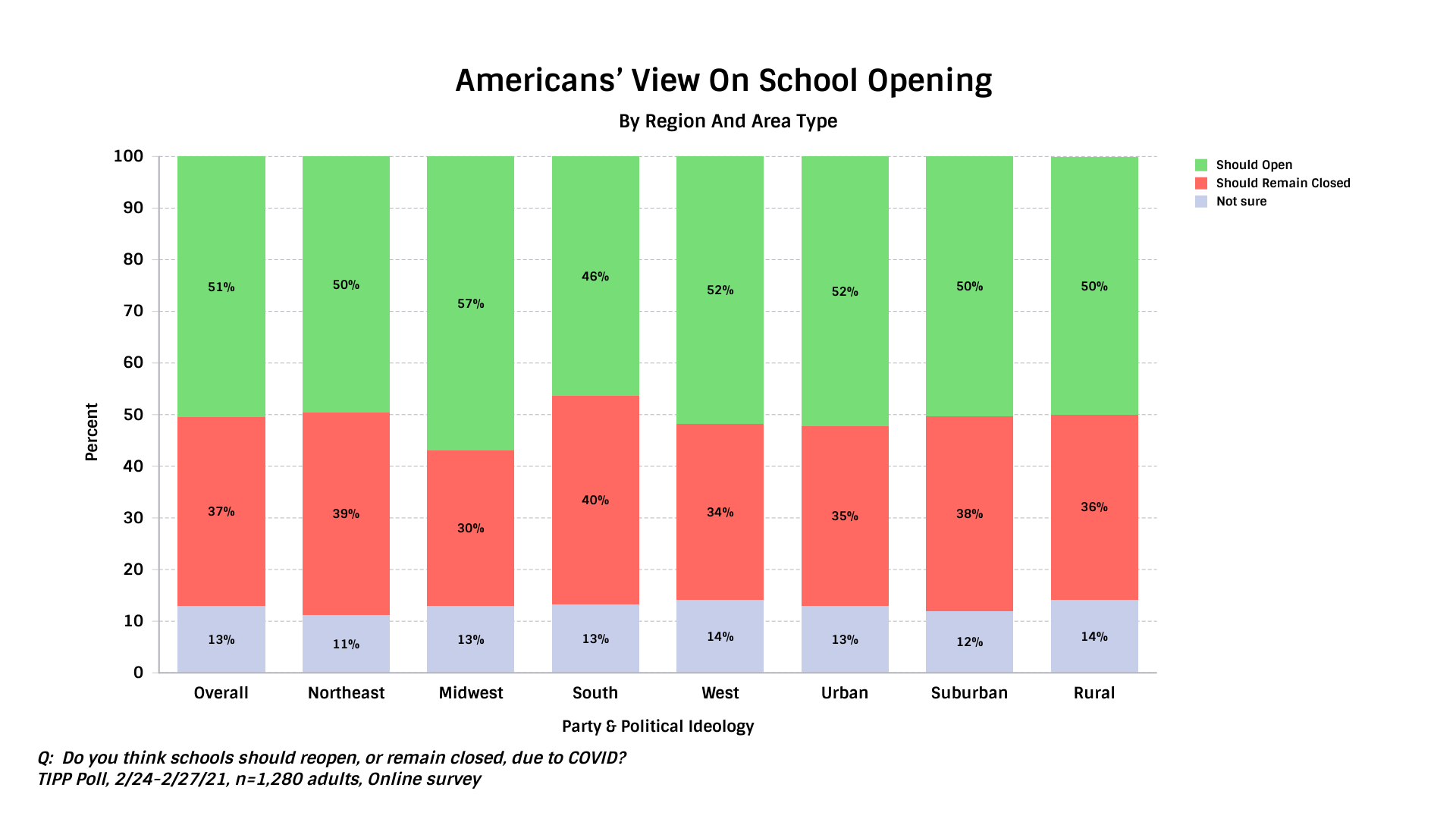
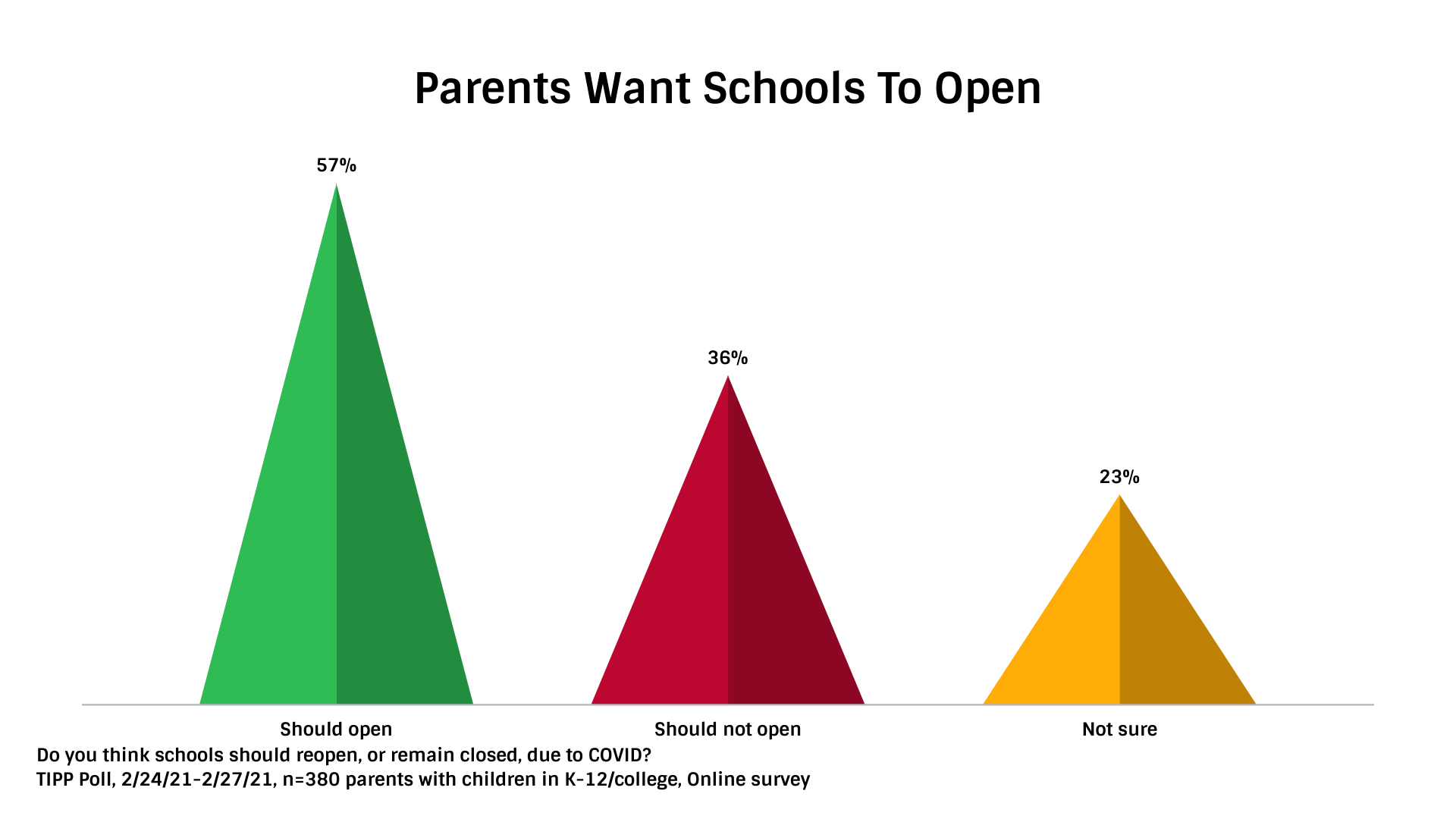
Opinions Differ
Unfortunately, school reopening during the pandemic has dissolved into a political issue rather than a health and safety one. Many parents held individuals, groups, or institutions "responsible for the decision to keep your child in remote learning." Parents assigned responsibility for the decision to keep children in remote learning to:
- President Biden(22%)
- Democrats(20%)
- Teachers Union(8%)
- CDC(5%)
- Trump(4%)
- Republicans(3%)
- Dr. Fauci(3%)
Close to one-fifth (18%) of the survey respondents did not blame any individual or group.
Based on our current data, it is clear that many people have embraced virtual classrooms and online learning; traditional schooling has yet to become obsolete.These relatively new methodologies are likely to supplement classroom learning in the future.
"I have never allowed schooling to interfere with my education," Mark Twain is believed to have said. Maybe it's time to take these words to heart and look into unconventional or ancient methods of educating our children.

